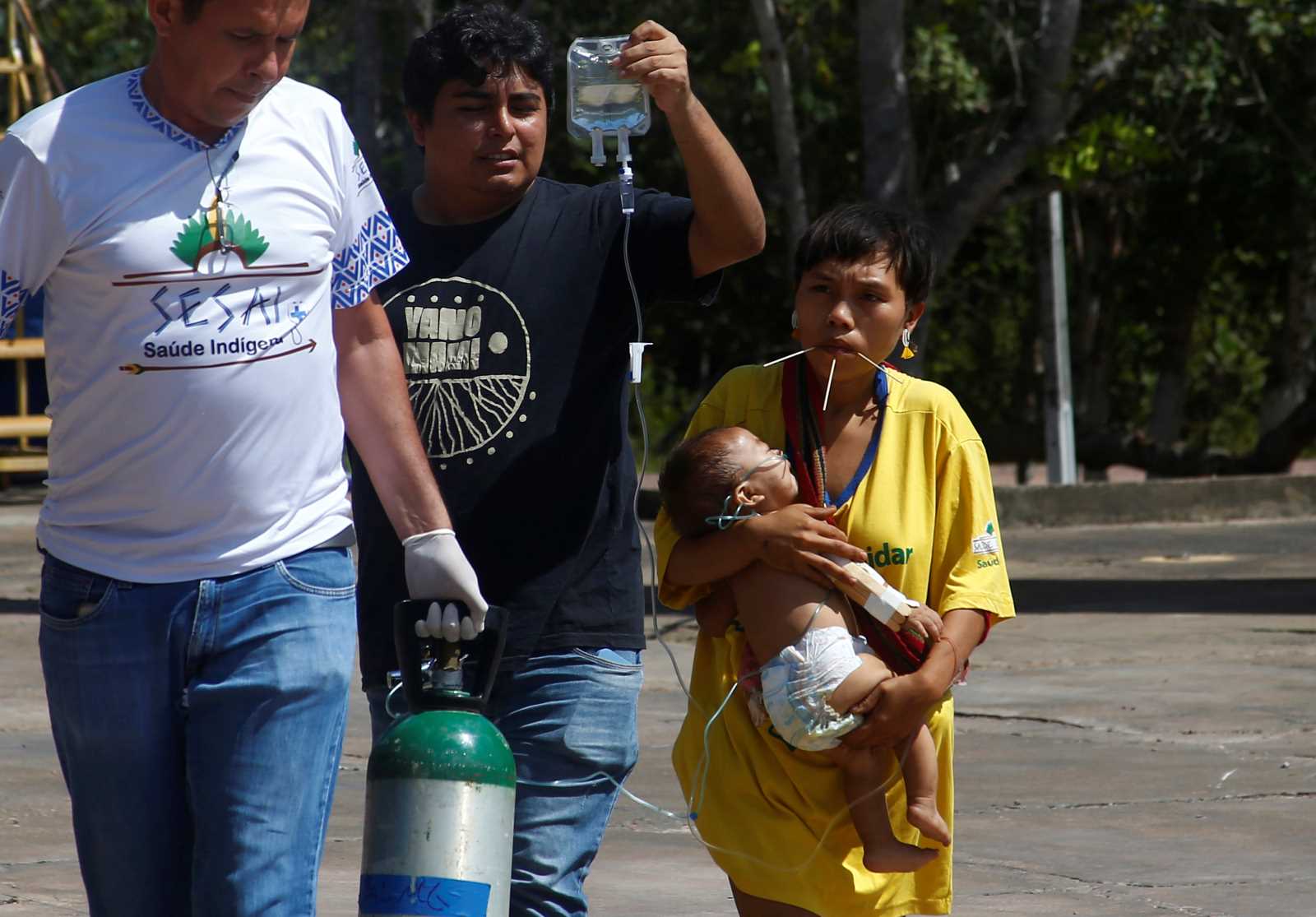Mental health
Breaking the silence on rising suicides in Malawi

In August 2022, 35-year-old Mabvuto M. took his own life in Karonga district in the northern region of Malawi. He left a short note, blaming his wife for allegedly having an affair with another man – an accusation she denies. Three years later, in July 2025, 41-year-old Chawaka M., a university graduate known for his brilliance, committed suicide.
Chawaka’s family still cannot comprehend what drove him to such despair, asking questions that will never be answered. Mabvuto’s family is also still suffering. “It was a terrible loss,” says Mabvuto’s 71-year-old mother. “If only we had known that he was planning to take his own life, maybe we could have helped.”
Chawaka and Mabvuto, whose names have been changed for this article, are not the only ones who have ended their lives in this manner. According to statistics from the Malawi Ministry of Health, the number of reported suicide cases has more than doubled between 2021 and 2024. Between January and March 2025, the police has recorded 153 suicide cases – 125 men and 28 women. The number went up from 126 cases in the same period in 2024. The most affected age group is 20-39 years, according to the police.
At first glance, the number does not seem high in relation to the total population, but according to George Jobe, Malawi’s Health Equity Network Executive Director, the number of people committing suicide in Malawi is far much higher than what is being recorded by both the Police and the Ministry of Health. “In many cases people who attempt suicides are not reported to police for fear of being arrested,” he said. “In some cases, even the hospital may not be able to record the death of a person who died of suicide because some family members who feel ashamed simply bury the dead person, especially if it happens in the remote parts of the country.”
Jayson Banda, Senior Community Health Nurse Midwife at Kasugu District Hospital, said that the situation is so worrying that something needs to be done urgently. “Economic instability, lack of social cohesion or social support and drug abuse are some of the main factors leading to suicide, especially among men,” he says. Another expert, Malawi’s Ministry of Health Acting Deputy Director Chituzu Chiumia, adds that depression is also one of the main factors that drives people to commit suicide.
Reducing stigma is key
An important step in counteracting the rising numbers of these unnecessary deaths, he says, is to combat widespread stigmatisation. Until recently, it was a criminal offence in Malawi to commit suicide, and those who have attempted it often ended up in prison. Advocates argued that the law discouraged people from seeking help. That’s why there have been repeated calls to change the law and allow those affected to get professional help – with success: in July, the law was abolished by President Lazarus Chakwera.
And yet, it takes a long time to reduce stigma in society. More must be done to equip healthcare professionals with the skills and knowledge necessary for suicide prevention – which also means providing more funding for the mental health sector, argues clinical psychologist Chaweza Bandawe from the Kamuzu University of Health Sciences.
George Jobe explains what this may look like: “The solution must begin with investment in community-based mental health services, public education to reduce stigma and accessible and affordable mental health support at all levels, including schools, workplaces and health facilities,” he says.
For the families of Chawaka and Mabvuto, the recent legal change and slowly growing awareness have come too late. But their stories show what remains at stake: with better support, more funding and easier access to help, lives like theirs could be saved in the future. The hope is that one day, no more families in Malawi will be left asking unanswered questions.
Raphael Mweninguwe is a freelance journalist based in Malawi.
raphael.mweninguwe@hotmail.com
If you are thinking about taking your own life, please talk to friends and family about it. International suicide hotlines offer professional help:
https://blog.opencounseling.com/suicide-hotlines/
Edit: On 19 November 2025 we have added the information that two names in this text have been changed for this article.
















